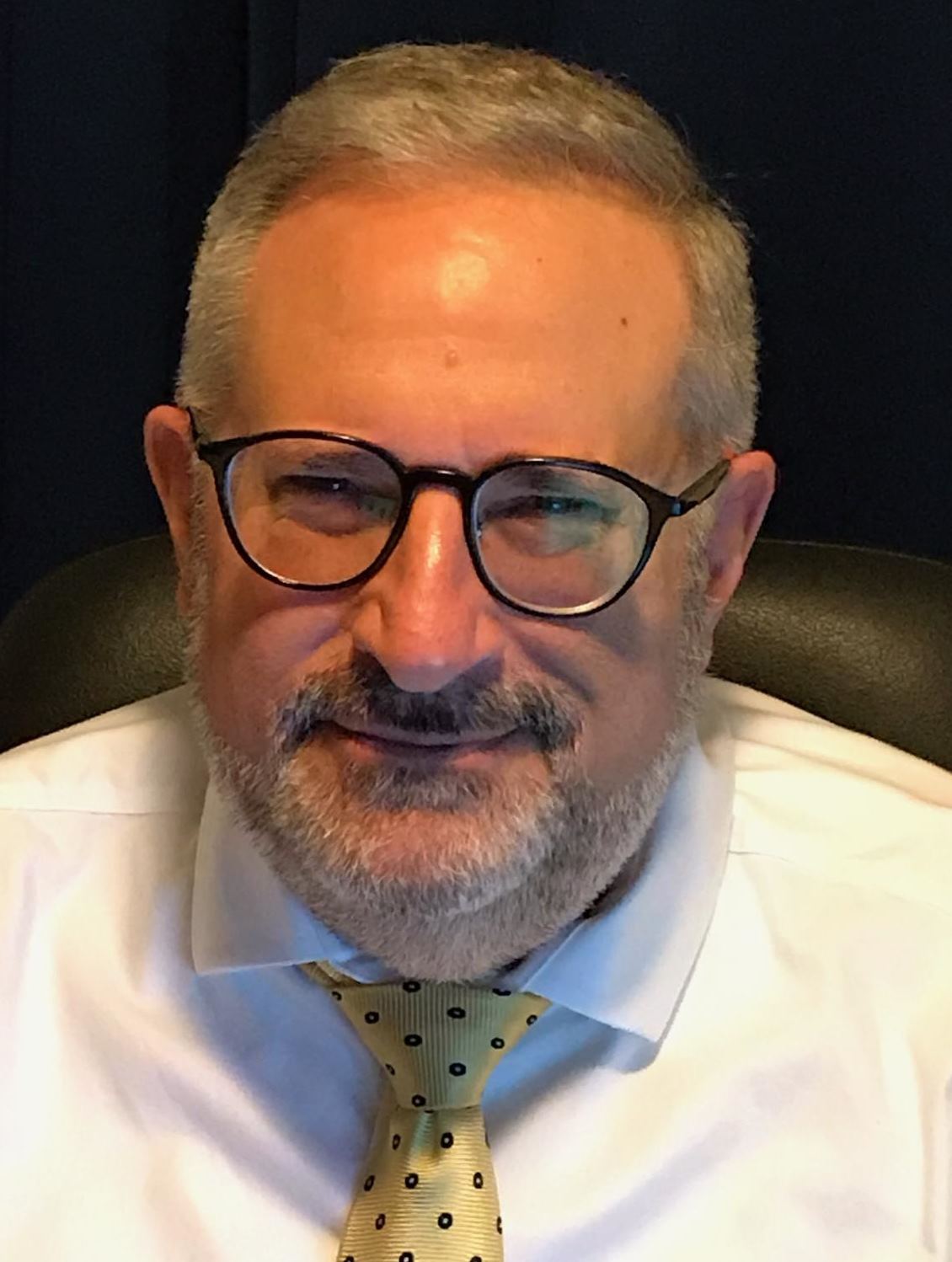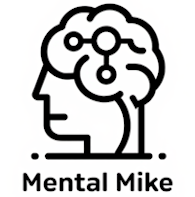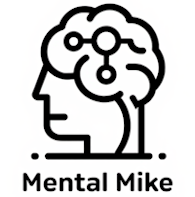The best online addictions learning platform for addicts and their counselors

About us
The Unified Flux Model (UFM) was developed by Michael “Mental Mike” Pozesny as a revolutionary alternative to rigid, outdated, or overly faith-dependent addiction recovery models. Drawing from over 30 years of hands-on counseling experience with survivors of domestic violence, individuals with complex substance use disorders, and high-risk offenders across prisons, probation systems, and community reentry programs, Mike brings unmatched real-world insight to every course and session.
Holding four master’s degrees—including Criminal Justice (Substance Abuse focus), Psychology, Public Safety, and Adult Education, as well as a BA in Social and Behavioral Sciences, Mike has spent decades fusing academic knowledge with trauma-informed care. He is a certified International Alcohol and Drug Counselor in the state of Iowa and widely respected for his ability to connect with clients others have written off.
The UFM merges traditional Cognitive Behavioral Therapy with Transactional Analysis, Jungian Psychology, and cutting-edge Quantum Theory to create a transformative, integrative experience. It doesn’t just teach recovery - it awakens personal power. Every UFM course draws from this deep reservoir of lived experience, clinical expertise, and spiritual clarity to help students and clients rebuild their lives from the molecular level up. As a member of the UFM community we provide you:
Frequently asked questions
What is energy-based recovery?
Energy-based addiction recovery is an integrative therapeutic approach that conceptualizes addiction not solely as a neurochemical disorder or behavioral pathology, but as a fundamental disruption in an individual’s energetic coherence - meaning the harmony between the mind, body, spirit, and relational field. It draws upon principles from neurobiology, quantum physics, trauma-informed psychology, and spiritual traditions to treat addiction as both a physiological condition and an energetic misalignment.
Recent scholarship supports this synthesis:
van der Kolk (2021) emphasizes the role of the body and nervous system in trauma healing, which aligns with energetic regulation. Porges’ Polyvagal Theory (Porges, 2022) describes how safety, connection, and physiological state drive behaviors, including addictive responses mirroring the energy-based understanding of dysregulation.
References
Jain, S., Hammerschlag, R., Mills, P. J., & Krieger, R. A. (2023). Clinical studies of biofield therapies: Summary, methodological challenges, and recommendations. Global Advances in Integrative Medicine and Health, 12, 1–15. https://doi.org/10.1177/27536130231152511
Porges, S. W. (2022). Polyvagal theory: The transformative power of feeling safe. W. W. Norton & Company.
van der Kolk, B. A. (2021). The body keeps the score: Brain, mind, and body in the healing of trauma. Penguin Books.
At its core, this model asserts that substances are used to modulate, escape, or repair disrupted energetic states resulting from trauma, disconnection, or existential despair. Recovery, then, becomes not just abstinence but a process of energetic restoration, realigning the individual’s vibrational frequency with their authentic self, re-establishing nervous system regulation, and reintegrating suppressed or fragmented aspects of identity.
Modalities within this framework may include somatic therapies, breathwork, chakra and meridian balancing, guided meditation, quantum visualization, and interpersonal resonance practices. Energy-based addiction recovery recognizes that healing is not achieved through willpower alone, but through reconnection to the flow of life, often referred to in systems like the Unified Flux Model (UFM) as the “Flux” - the universal energy network of being.
This perspective expands the recovery paradigm beyond pathology into transformation, where sobriety is not the end goal but the byproduct of coherence, purpose, and vibrational integrity.
Recent scholarship supports this synthesis:
van der Kolk (2021) emphasizes the role of the body and nervous system in trauma healing, which aligns with energetic regulation. Porges’ Polyvagal Theory (Porges, 2022) describes how safety, connection, and physiological state drive behaviors, including addictive responses mirroring the energy-based understanding of dysregulation.
Emerging research on biofield science and integrative medicine (Jain et al., 2023) provides a foundation for using subtle energy fields in clinical healing contexts.
References
Jain, S., Hammerschlag, R., Mills, P. J., & Krieger, R. A. (2023). Clinical studies of biofield therapies: Summary, methodological challenges, and recommendations. Global Advances in Integrative Medicine and Health, 12, 1–15. https://doi.org/10.1177/27536130231152511
Porges, S. W. (2022). Polyvagal theory: The transformative power of feeling safe. W. W. Norton & Company.
van der Kolk, B. A. (2021). The body keeps the score: Brain, mind, and body in the healing of trauma. Penguin Books.
What Makes UFM Different?
Most existing recovery frameworks fall into one of the following categories:
Medical/Clinical Models (e.g., ASAM, MAT, CBT-based rehab)
Focus: Biological and psychological pathology (dopamine, trauma, learned behavior)
Tools: Pharmacotherapy, psychotherapy, behavior modification
Limitation: Lacks spiritual and energetic depth; often disembodied or over-medicalized
12-Step Models (e.g., Alcoholics Anonymous)
Focus: Surrender to a Higher Power, moral inventory, peer support
Tools: Meetings, sponsors, spiritual principles
Limitation: Lacks somatic, neurobiological, and trauma-resolution tools; often guilt-driven
Holistic Models (e.g., mindfulness-based, somatic experiencing, yoga recovery)
Focus: Mind-body integration, lifestyle change, nervous system regulation
Tools: Meditation, diet, movement, trauma processing
Limitation: Fragmented or generalized without a cohesive energetic-unity framework
The Unified Flux Model (UFM) distinguishes itself from other addiction recovery models through its integration of quantum energetics, trauma-informed neuroscience, and spiritual coherence, forming a multidimensional system that treats addiction not merely as a behavioral or chemical problem, but as a distortion in a person’s energetic alignment with existence itself.
The Unified Flux Model (UFM) distinguishes itself from other addiction recovery models through its integration of quantum energetics, trauma-informed neuroscience, and spiritual coherence, forming a multidimensional system that treats addiction not merely as a behavioral or chemical problem, but as a distortion in a person’s energetic alignment with existence itself.
What Makes UFM Special?
1. UFM sees addiction as an energetic collapse, not just a symptom.
Rather than treating addiction as a disease or moral failing, UFM frames it as a disruption in one’s vibrational integrity - the misalignment between molecular selfhood and the universal Flux. Recovery is not about simply quitting substances; it is about restoring energetic truth.
2. UFM merges quantum science and psychology without contradiction.
UFM draws from quantum field theory, trauma neurobiology, and spiritual traditions, showing how every thought, action, and substance alters our energetic imprint. It acknowledges that you are a constellation of borrowed molecules, temporarily coalesced into form, and that healing requires aligning these molecules with their highest frequency.
3. UFM gives people a new identity: The Pathfinder.
In UFM, people in recovery are not “addicts,” “clients,” or “defective.” They are Pathfinders - those brave enough to consciously realign their energy with the universal Flux. This identity invites dignity, agency, and purpose. It is a spiritual evolution, not a life sentence.
4. UFM addresses coherence across all systems: cellular, emotional, social, and cosmic.
No other model offers an equally layered analysis of how addiction distorts internal energy, social resonance, intergenerational transmission, and even quantum timelines. The UFM bridges micro-molecular reality with macro-ethical responsibility.
5. UFM creates an emotionally compelling recovery narrative.
Whereas other models may feel clinical, punitive, or vague, UFM tells a coherent and motivational story: You are not broken. You are misaligned. And realignment is your sacred task.
What makes Mental Mike qualified to coach me?
I've sat across from people on their worst day. Court-ordered, pissed off, convinced they don't have a problem. I've worked with people 72 hours into detox, shaking so hard they couldn't sign their intake paperwork. I've counseled people with 10 years clean who were one phone call away from relapse. I know what it looks like when someone is lying to themselves. I also know what it looks like when they're telling the truth, but nobody believes them.
Here's what qualifies me to help you:
I'm a licensed International Alcohol and Drug Counselor (Iowa). I've worked as a counselor, therapy lead, operations director, and VP at residential treatment centers and independent counseling centers. I've designed addiction recovery programs from the ground up. I've facilitated hundreds of group sessions and thousands of private sessions over 30 years for people in every stage of recovery, from detox to long-term maintenance. However, credentials don't mean much if you don't understand the reality of addiction. So here's what actually qualifies me:
I've been in the room when it matters.
I know you're not broken. I know you are exhausted.
I know that most treatment programs make you feel worse, not better. I know that being told you're powerless doesn't help when you need to find power. I know that 28 days in rehab followed by "good luck" is a setup for failure.
This program is built on three principles:
Let me give you those tools.
Here's what qualifies me to help you:
I'm a licensed International Alcohol and Drug Counselor (Iowa). I've worked as a counselor, therapy lead, operations director, and VP at residential treatment centers and independent counseling centers. I've designed addiction recovery programs from the ground up. I've facilitated hundreds of group sessions and thousands of private sessions over 30 years for people in every stage of recovery, from detox to long-term maintenance. However, credentials don't mean much if you don't understand the reality of addiction. So here's what actually qualifies me:
I've been in the room when it matters.
I've done biopsychosocial assessments on people who were homeless yesterday and terrified of being homeless again tomorrow. I've counseled people who were court-ordered to get help, even though they'd rather go to jail than admit they need help. I've worked with people whose families have given up on them and people whose families won't leave them alone. I've sat with people during their first 72 hours clean and watched their brains slowly function again.
I designed a theft counseling program for felony defendants that had a 93% success rate because I understood what they actually needed, not what the system thought they needed. I've helped build a 24-bed recovery residence based on real neuroscience and trauma-informed care, not outdated 12-step dogma.
I hold a Master's in Psychology, a Graduate Certificate in Substance Abuse, three additional Master's degrees, and I've earned 37 different certifications and licenses over the years. I'm certified in Domestic Violence intervention and trauma response. I've taught college courses on addiction, crisis intervention, and criminal justice for over 25 years.
But more importantly, I've learned from the hundreds of people I've worked with who taught me what actually works and what's just theory.
I know you're not broken. I know you are exhausted.
I know that most treatment programs make you feel worse, not better. I know that being told you're powerless doesn't help when you need to find power. I know that 28 days in rehab followed by "good luck" is a setup for failure.
That's why I created the Unified Flux Model. Not from a textbook. From 30+ years of watching what actually helps people survive early recovery, and not what just sounds good in academic papers.
This program is built on three principles:
Your brain can heal. The science proves it.
You're not powerless. You're temporarily overwhelmed.
You need practical tools, not philosophical concepts.
I'm not here to save you. I'm here to show you how your brain works, why it's so hard right now, and what you can do about it. Week by week. Tool by tool. One day at a time.
One way or the other, I've walked this path with thousands of people. Some made it. Some didn't. The ones who made it weren't "more ready" or "better people." They just had better tools and refused to give up.
Let me give you those tools.
Mission Statement
Online Course Streams with 52 modules
Completion rate in 2025
Current Limited Enrollments


